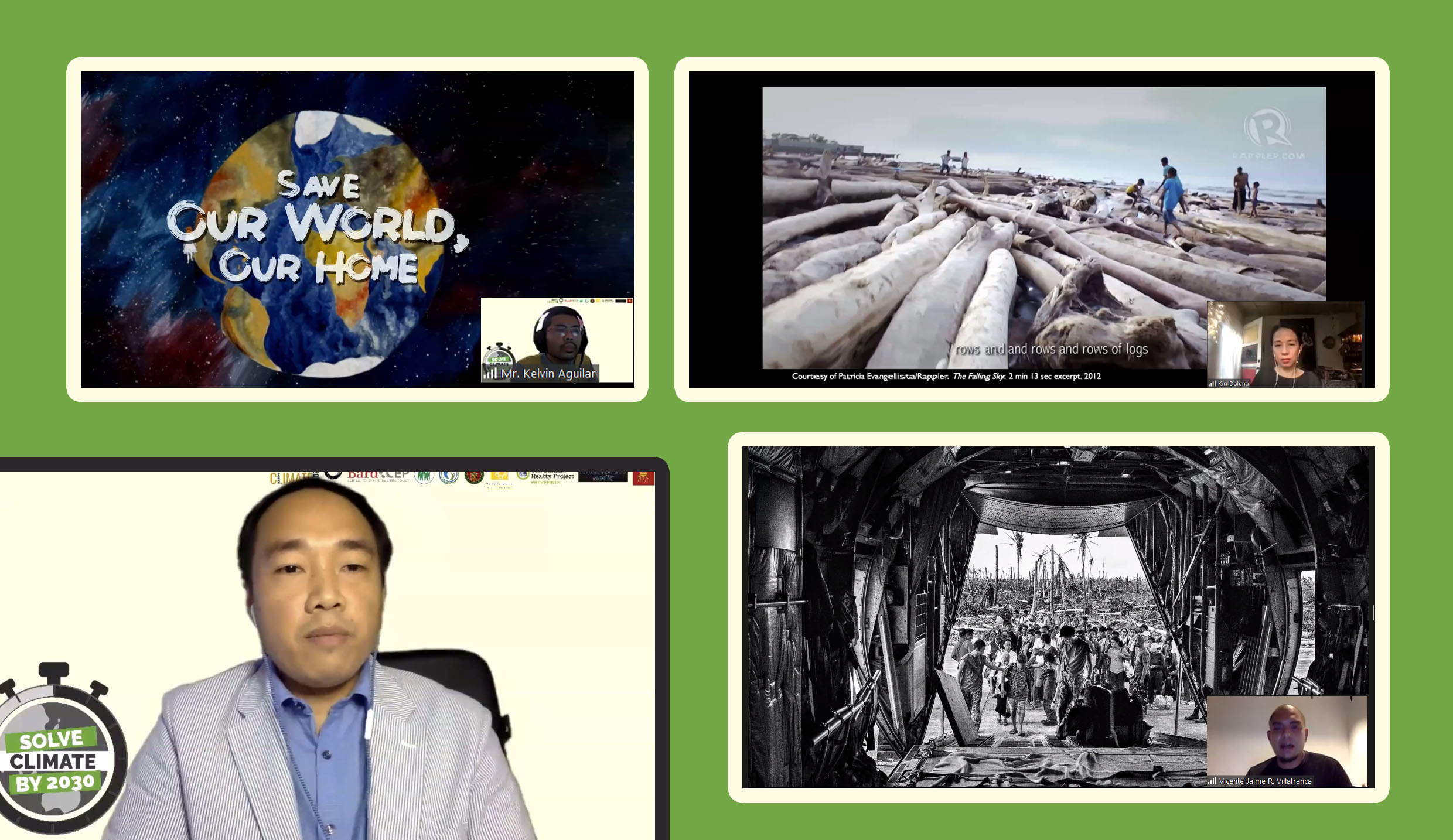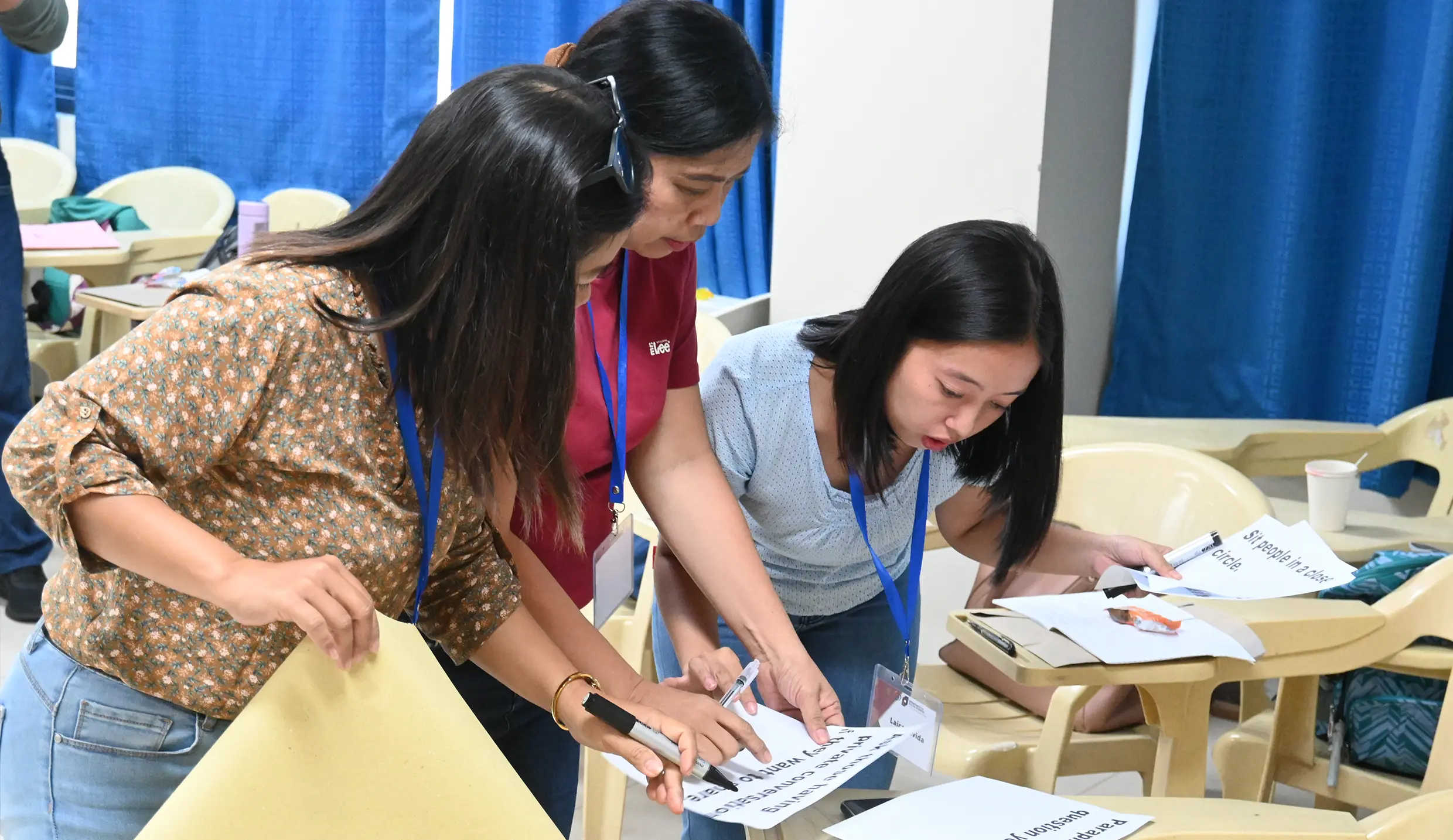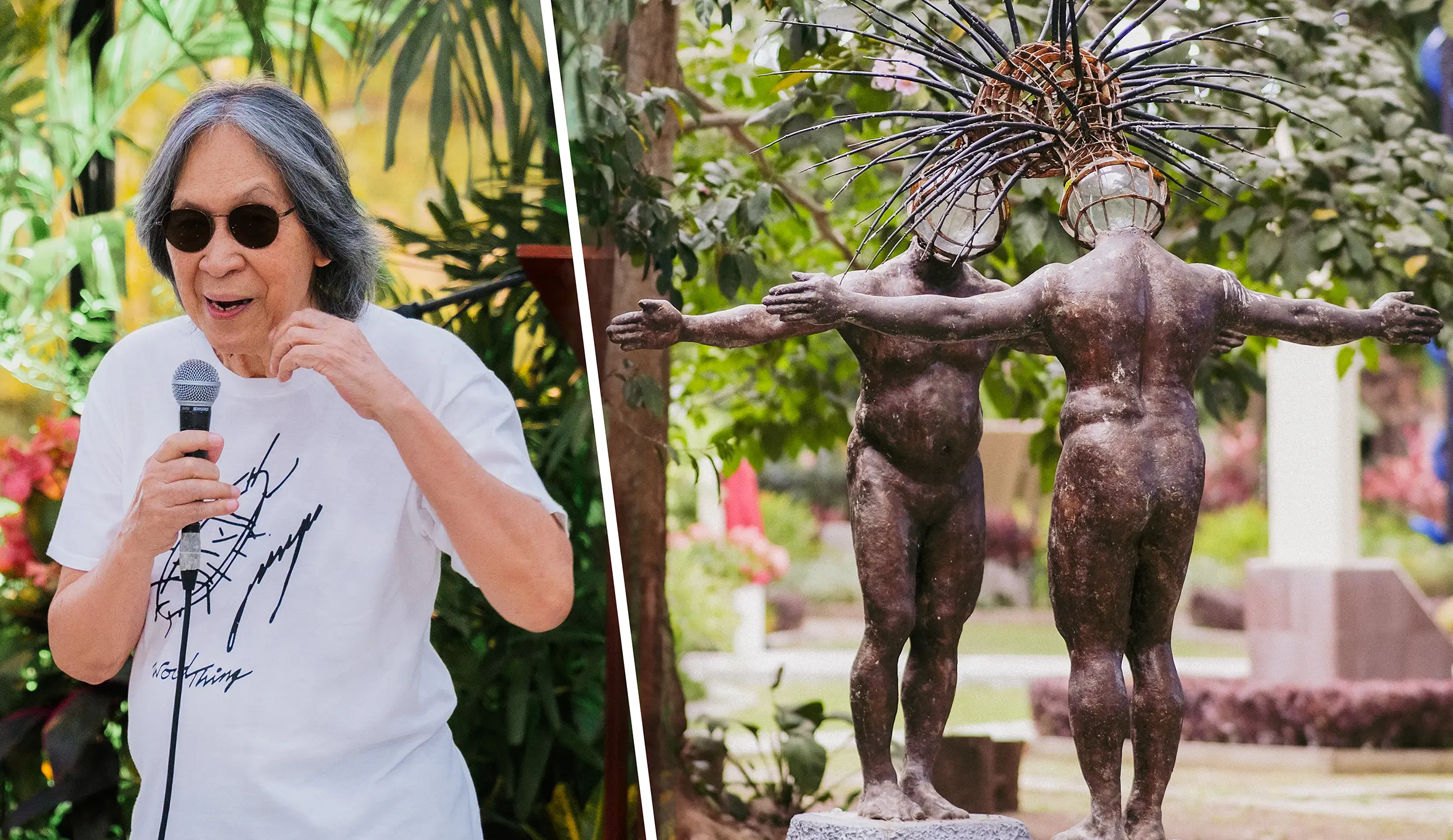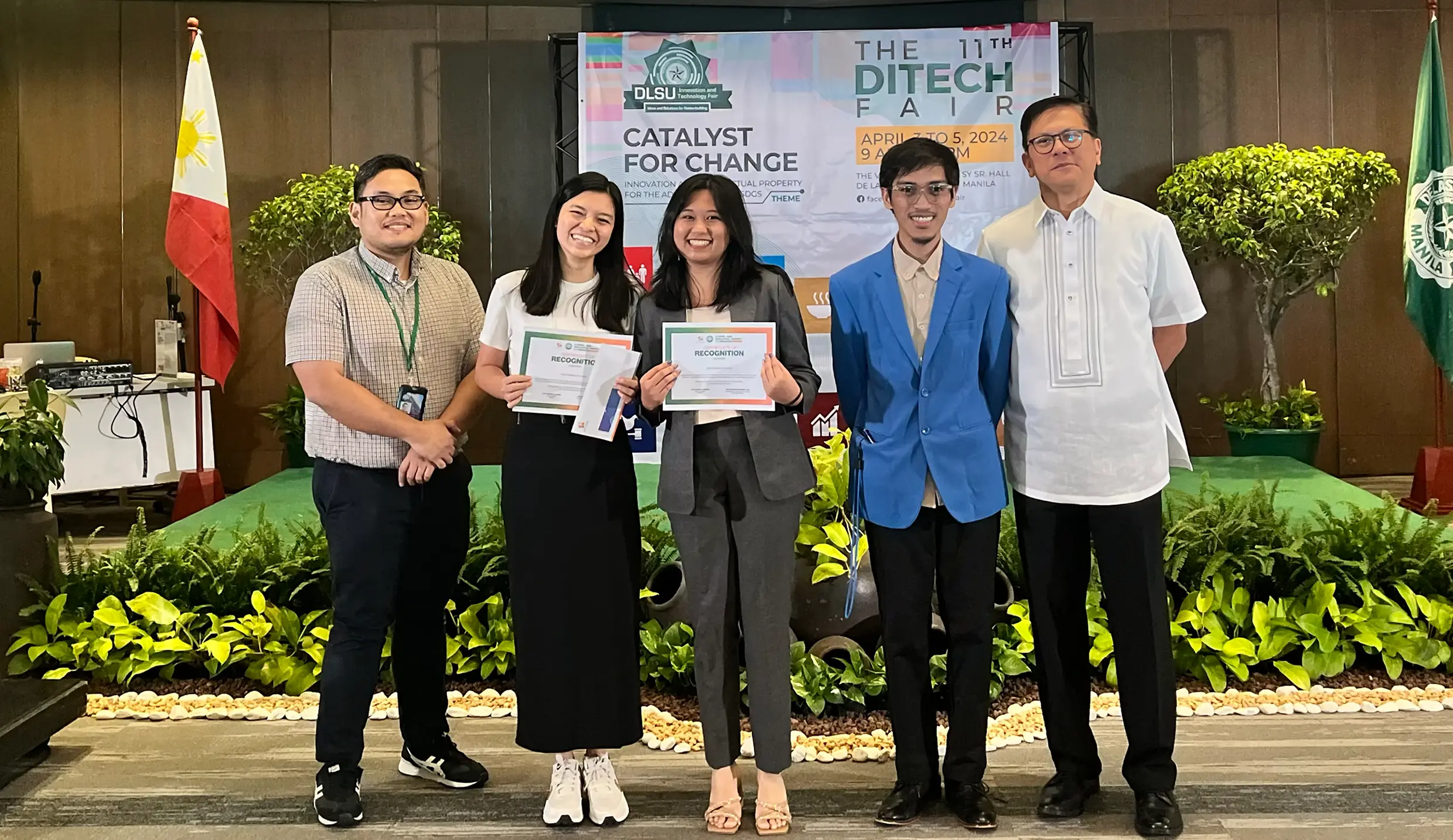
The Department of Social Development Services (DSDS), College of Human Ecology conducted a virtual seminar entitled “Science and Art as a Co-Creative Process in Climate Action” on April 14.
The webinar is part of the global series, “Solve Climate by 2030,” that has been running since 2019 spearheaded by Bard College’s Center for Environmental Policy. Partner universities host regional webinars on a crucial local issue and regional solutions.
These are saved in a common platform which will be promoted as resource materials for faculty members and teachers across the world. In the region, it is supported by the Association of Pacific Rim Universities Network (APRU) in which UP is a part of. Other partners include Oscar M. Lopez (OML) Center, The Climate Reality Project PH, Aquarian Eye Media, and Rex Publishing, Inc.
Chancellor Jose V. Camacho, Jr. gave the welcome remarks and lauded the initiative as ‘illuminating, productive, and engaging.” The dean of the College of Human Ecology, Dr. Ricardo Sandalo, welcomed the participants and thanked the partners for supporting this initiative. He reiterated the College’s active role and the value of its holistic framework for climate action and education.
Key international partners such as Bard College’s Dr. Eban Goldstein and coordinator of Solve Climate by 2030, and Dr. Charles Tremewan, secretary general of APRU, gave their messages in support of the activity.
The webinar featured local cases and initiatives that engage both the rigors of scientific discipline and the creative ways in which arts is used to inspire climate action. Dr. Rodel Lasco, executive director of the OML Center and adjunct professor at the School of Environmental Science and Management, discussed various ways in engaging policy makers, academics and the public through research and communication for climate change action.
Nazrin Camille Castro, country manager of the Climate Reality Philippines branch, highlighted transdisciplinary approaches in action where young people serve as co-creators of various climate change projects in the Philippines. Vicente Jaime Villafranca, photojournalist, and Kiri Dalena, independent artist/filmmaker, inspired the participants with how they used creative media in the arts to convey powerful stories on the impacts of climate change. Finally, Jerome Pineda and Kelvin Aguilar of Aquarian Eye Media, showcased their film that won 1st place in the Klima Film Festival 2020 organized by the OML Center and the Climate Change Commission.
This was followed by a thought-provoking discussion moderated by Dr. Wilfredo Awitan, a faculty member at DSDS. The participants and speakers discussed various ways on how creative responses to stimulate climate change action can be made through a co-creative process between science and the arts. DSDS-CHE Chair Dr. Dhino B. Geges gave the closing remarks, thanking the speakers and participants for their participation.
Dr. Geges, together with the lead organizer, Dr. Jennifer Sunga-Amparo of DSDS, who moderated the event, also highlighted that this webinar is just the first phase of a continuing engagement to develop materials that local and regional teachers and faculty members could utilize in effectively teaching climate change science and inspire students to participate in climate action. (Ron Jay Dangcalan and Jennifer Marie S. Amparo)








